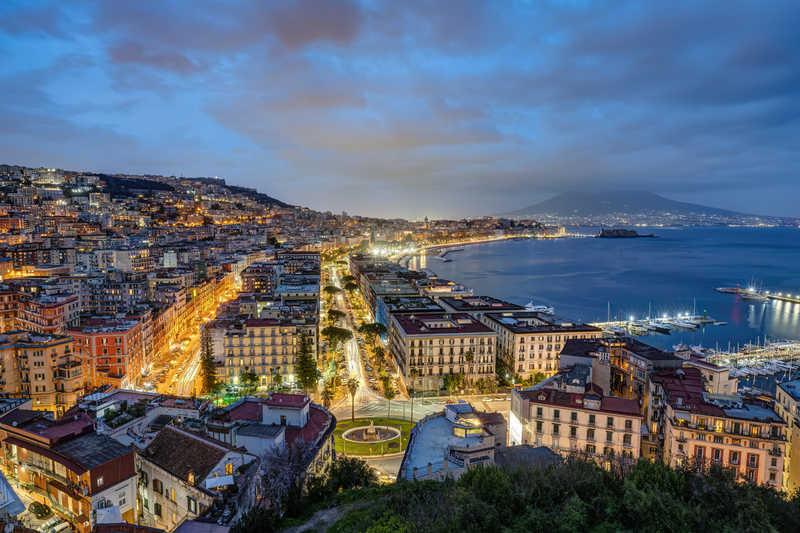
Photo: 3F764C0D-55FB-417C-A322-E0E4917FD124@Home
Brexit: An opportunity for cities
21 February 2017
by Jonathan Andrews
By Matthew Pencharz, Former Deputy Mayor for Environment & Energy, London
If one is a supporter of open markets, liberalism, increased internationalism and globalisation, as most of the world’s cities and their leaders are, 2016 witnessed defeat after defeat.
We have seen the Overton Window, the range of political ideas which are publicly acceptable, smashed–in fact ripped out of the wall and thrown across the room. Until very recently Brexit was thought to be the goal of a small group of obsessives, in the British Tory party and its exiles in the UKIP political party. That turned out not to be the case. And similarly much of the rhetoric that brought Donald Trump to victory in the US Presidential election previously had belonged among fringe groups and the darker recesses of the Internet.
The Brexit vote revealed divisions in the UK that many of us, urban, metropolitan types were hardly aware of or had cast from our minds: urban vs rural; old vs young; educated vs not; affluent vs ‘left behind’. Writing as a Remainer–and member of that widely despised metropolitan urban elite–the Brexit vote has come as a rude shock and to the establishment that had run Britain since 1997 and arguably for some time before. The shock was far greater than the temporary defeat of whatever political party one supported in a general–or indeed mayoral–election. Many Remainers–myself included–felt the vote was a rejection of our open, diverse communities with competitive, open markets, which we felt had driven great progress in recent history.
Unfortunately, from the first press conference following the vote it became abundantly clear that the Leavers had no plan whatsoever on how to deliver Brexit.
Many of use saw the Leave triumph as a victory for racism and reactionaries. This is deeply unfair: there was a coalition that brought Leave victory, a great proportion of which was around an understandable view that the UK should be sovereign and make its own decisions rather than outsourcing them to a remote, unresponsive and impersonal Brussels bureaucracy.
Unfortunately, from the first press conference following the vote it became abundantly clear that the Leavers had no plan whatsoever on how to deliver Brexit; in fact very few of them had expected to win and perhaps some many of them didn’t actually want to win at all. But win they did and in the words of the new Prime Minister, Theresa May: “Brexit means Brexit and we’re going to make a success of it”. However, some eight months on that catchphrase hasn’t been much expanded on other than we know that the UK will not be a member of the single market but will seek a new free trade agreement with the EU.
Divisions have not healed: hysteria from much of the Leave press, which is still in campaign mode, and equally many on the Remain side has not accepted the vote. Statistics are used and abused by both sides to ‘prove’ their argument. Leavers point to there being no immediate shock and the economic indicators continuing to be broadly positive. Whereas Remainers continually point out the depreciation of the pound and quote un-questioningly trade associations’ threats when demanding government incentives to stay in the UK.
Most of us working in the urban space don’t want us to be where we are. But we are where we are and it’s time to start thinking about the opportunities Brexit will offer cities.
Clearly this is no way to continue. Remainers have to accept the result and work to ensure, though not the outcome desired, that the best is made of it. And equally many Leavers need to stop being such bad-tempered winners, shouting down any query by those sceptical of their preferred trajectory. Compromise is needed to make this work.
Continuing uncertainty about the UK’s post Brexit relationship with the EU has profound effects on UK cities. There are many, many reasons to be concerned but the mood-music emanating from the early days of Theresa May’s government, around the numbers of foreigners employed in companies and the belittling of the 48 percent who voted Remain, has softened in favour of a positive declaration that the UK can get a free trade deal which will work for both it and the European Union.
But there are many questions: what is going to happen with migration levels, with most cities needing them to remain relatively high to fill labour shortages? Will students be counted in the migration figures? Will the City of London’s financial institutions continue to have passporting rights? What about EU structural funds, Horizon 2020 and European Investment Bank (EIB) programmes? The list goes on and on. I hope I am not being heroically optimistic but as the immediate economic shock of the Leave vote has not happened, I am coming to believe–slowly–that some of the more pessimistic potential outcomes won’t come to pass either.
As has been written in Cities Today before, some £42 billion has been invested in the UK by the EIB and our continuing relationship with the bank will surely be up for discussion as part of the Brexit negotiations. Along with Germany, Italy and France, the UK is the biggest EIB shareholder with almost €40 billion of holdings. With all the other horrendously complicated issues to deal with around Brexit it seems to me that this is one of the simplest to solve and that is essentially to carry as before. And I’m sure there will be similar accommodations made around Horizon 2020 funding, ERASMUS and other such schemes. These may be of the utmost importance to those involved but they are, frankly, relatively peripheral to the wider, somewhat more challenging task, of undoing some 40 years’ involvement in the European project.
It is time to stop using the term ‘despite Brexit’. Most of us working in the urban space don’t want us to be where we are. But we are where we are and it’s time to start thinking about the opportunities Brexit will offer cities. One of the most frustrating things I experienced while at London’s City Hall was the EU’s regulation around State Aid rules. Projects could be well developed before risk-averse lawyers kyboshed them for fear of falling foul of Brussels’ regulations. Londoners will read and experience some of the poor broadband capacity in large parts of the city. What they possibly haven’t read about is that again City Hall’s drive to improve it was hampered by EU State Aid rules. Taking back control means that we are going to have to think out of the box and grab those opportunities. The end of some of the State Aid restrictions would be at the top of my list when the Great Repeal Bill is passed.
As the Chancellor of the Exchequer has stated the British people didn’t vote to make themselves poorer and all of us have to try to prevent that. The road ahead is going to be challenging but it’s time Remainers such as myself stop looking back and start looking forward, grab the opportunities that Brexit does create and ensure that our great cities continue to be the positive, outward, diverse, economic powerhouses they are. For Brexit Britain is going to need them more than ever before.











